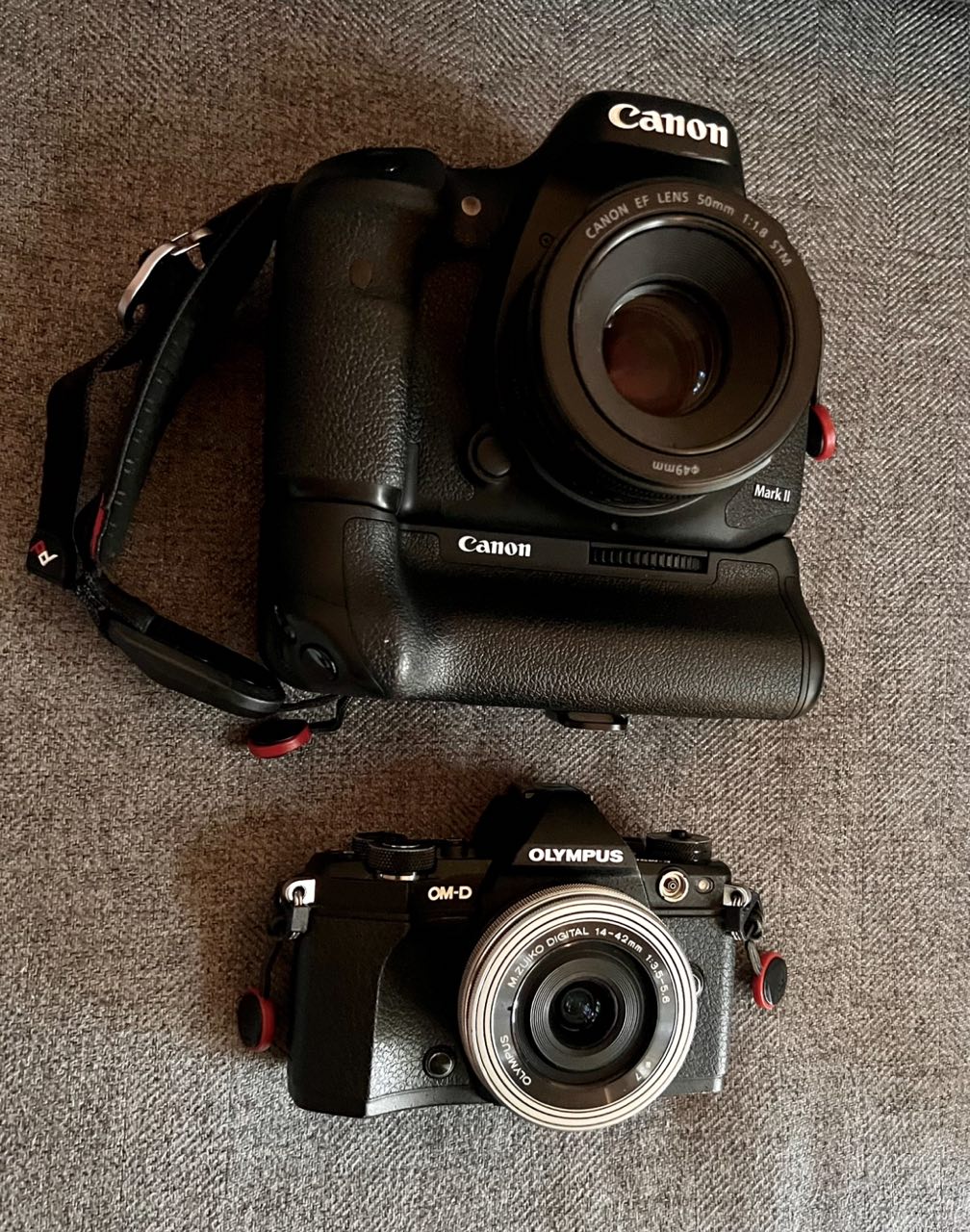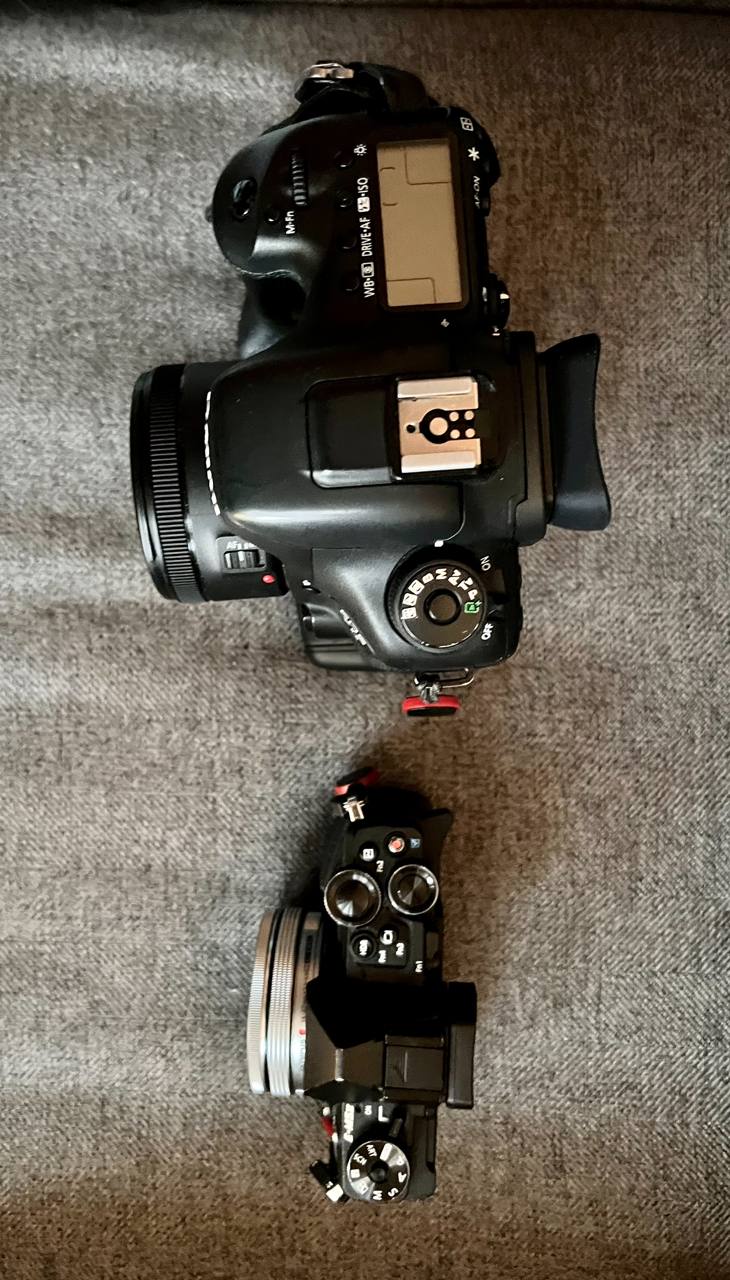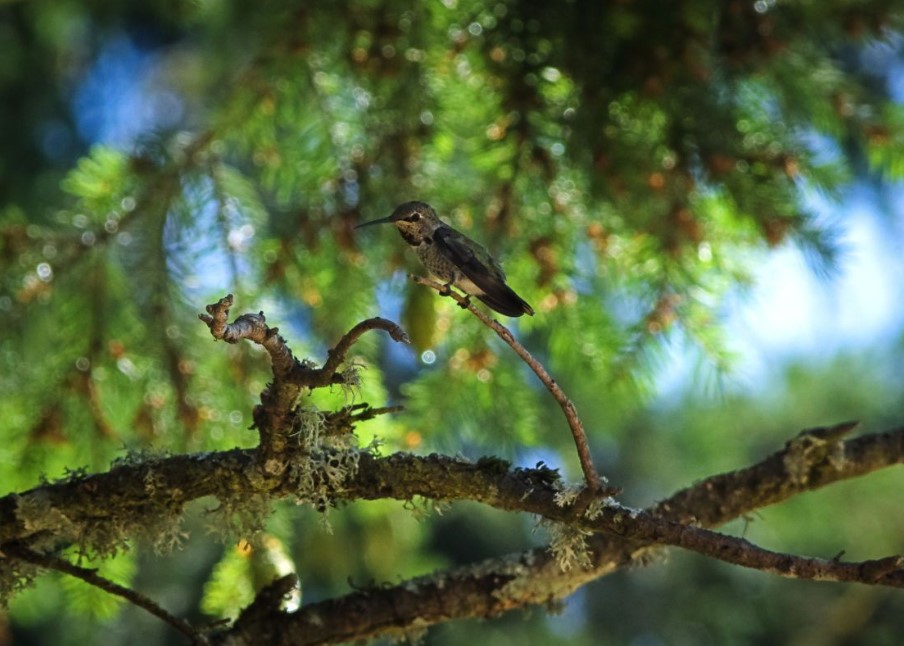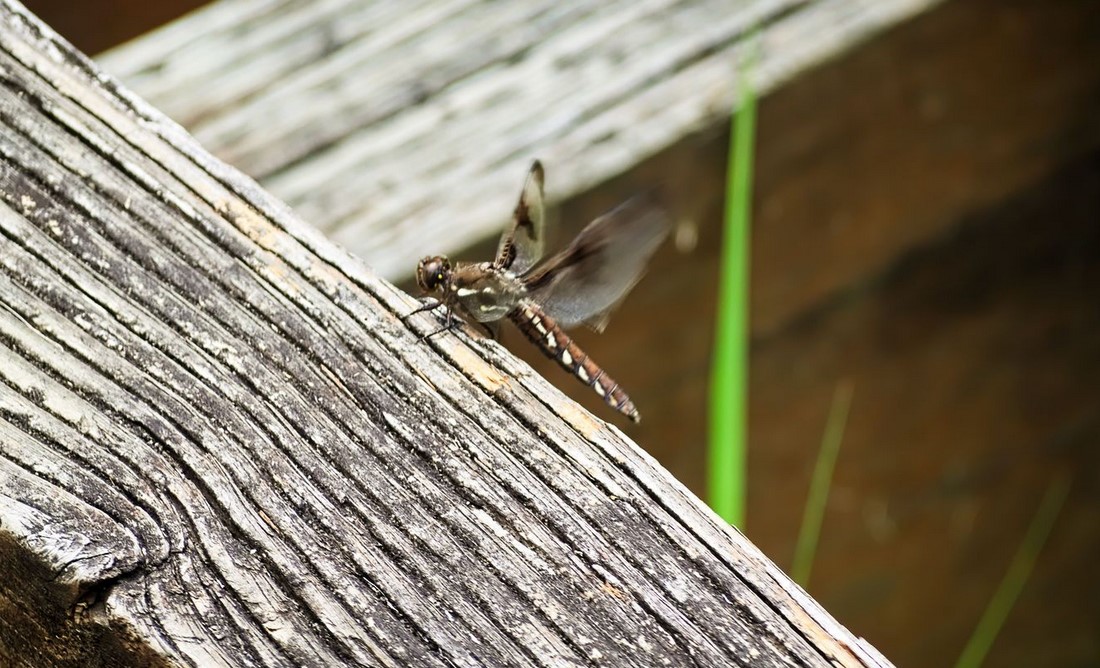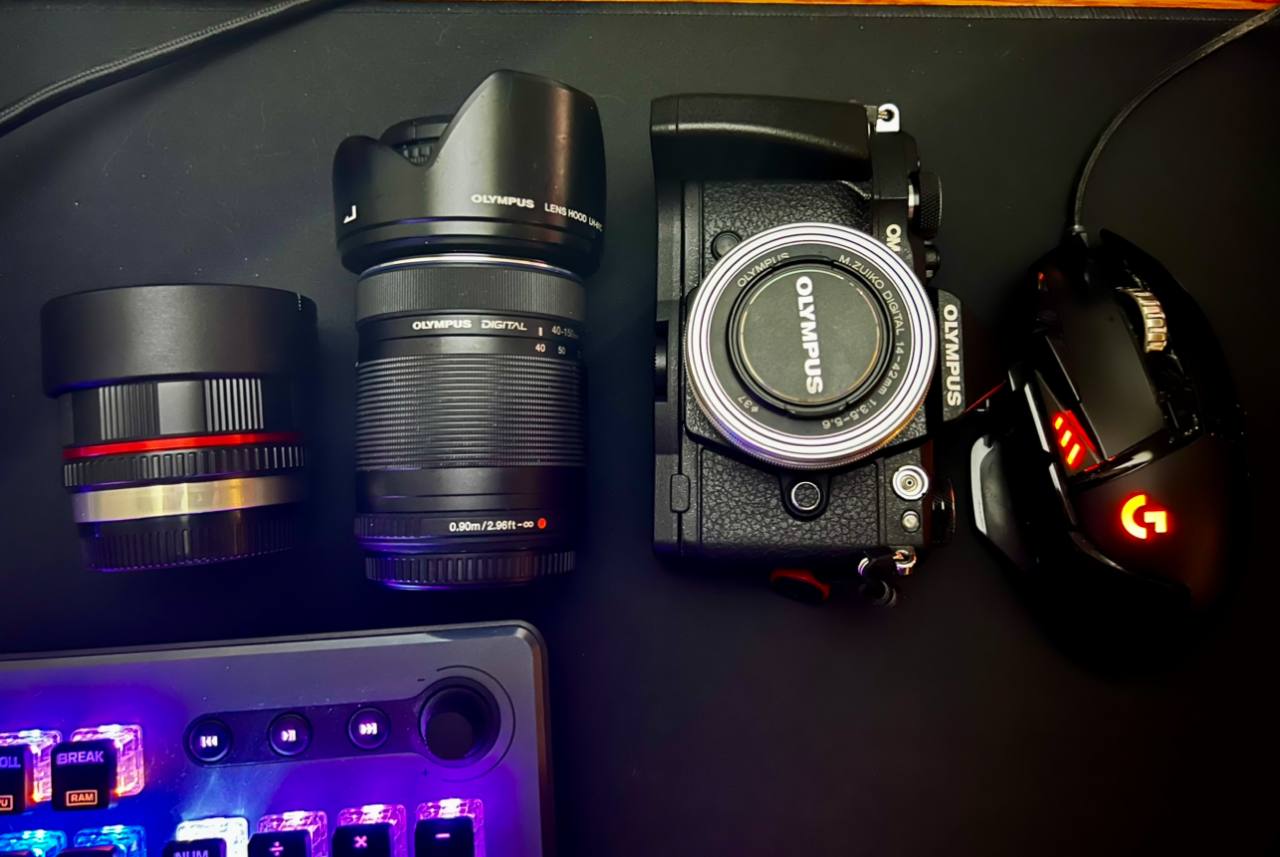I know this topic has been discussed a lot before, but in my opinion there is no simple answer to this question.
Lately, I have been a bit disappointed with my Nikon DSLR kit (D3200) and thus I've been considering an upgrade. I got it many years ago, and it is undoubtedly a great, affordable camera that produces great images. I've had lots of fun with it and I can't complain about its performance when shooting -- given ideal conditions. When I am shooting more challenging subjects, however, I feel a bit hindered by my camera body/system. The points that bother me the most are:
- Size. The D3200 is a very nice, compact, and lightweight DSLR, but it is still relatively big compared to modern cameras. It won't fit in a jacket pocket even without an attached lens. More current cameras with a higher image quality can be smaller than it is (but heavier). The situation is even worse for higher-end DSLRs.
- Autofocus. Again, the D3200 is a fantastic camera if you are just using the center focus spot using the optical viewfinder and nothing else. Live view (contrast) focus is straight up unusable, and there are only 11 (phase) focus points or so if using the viewfinder. At least that's the case with "ordinary" Nikon lenses. I don't know how it performs with higher-end lenses, like the Sigma Art line.
- "Low light" performance. I can't bump the ISO significantly before image degradation becomes obvious. Low light in quotes because that's the case even in fairly well-lit situations. Occasionally, I like to print on medium-sized paper (A3+), and if I need anything above ISO 400 to properly expose the image, it won't look that good printed. Of course, I can always stick to printing bright images large and save the "low light" scenes to smaller prints, so this isn't really my main concern.
- Custom controls. I wish I could customize the camera settings a bit more. For example, on my camera, the back button AF/AE can be set to lock the AF/AE or as a back button focus. But in image preview mode, the same button "locks" the image so it can't be deleted. Thus, you need to quit image preview before using that button to trigger autofocus again. I would like to have a dedicated AF button so I can shoot straight from image preview if the opportunity arises. Another example of customization I can't do: settings like auto-ISO and shutter speed can't be capped/limited to a certain range. Let's say I want to use auto-ISO but prevent it from going above 400 to avoid too much noise (and decrease shutter speed but risk shaky images). Or the opposite: prevent the shutter speed in aperture priority mode from going below 1/100 to avoid shaky images and then change ISO instead. Well, I can't do either at the moment. Again, a nice feature to have, but totally something I can live with.
From what I have seen, cameras nowadays have gotten pretty good and they do look like a significant upgrade from 10-15 year old bodies. I guess all popular, entry-level, modern cameras (2019-) solve at least 3 of the 4 problems I listed above, so I don't think I can go wrong with any big brand. However, I'm having a hard time deciding with so many options and sensor size/formats available. My options so far are:
- Nikon Z. Since I am already familiar with Nikon F lenses, I have read a lot about them and I know the strengths and weaknesses of many of those. That means I likely won't be disappointed if I switch to another system, and I want a certain lens that doesn't exist, or the optical performance is poor, or it is prohibitively expensive. The Z50, Z5, and Z6 all look amazing, and I can pick or switch between a full frame or cropped sensor easier than I would if I was stuck with a micro four thirds. They are more affordable than Sony.
- Sony. They seem to be fantastic cameras, with great image quality and features. Sigma and Tamron options for Nikon are likely available for Sony as well. I'm just slightly afraid that lenses might be too expensive for what they offer. Their cameras look super compact and pocketable, which is a huge plus to me. Full frame (A7iii) or cropped (A6400) are also both available for a seamless transition.
- Olympus. I think it is impossible to beat micro four thirds in size and affordability. It is perhaps the only system where you can get a wide angle, portrait, fast prime, macro, and telephoto that you can take everywhere in a small bag while not costing you a fortune. They also have pretty nice features, such as the "live mode"/"smartphone photography", where you can get a frame that was captured slightly before the shutter button was pressed. This must be so cool for wildlife. Olympus stabilization is also highly regarded, with people claiming it to be "gimbal-like". The E-M5 iii looks very appealing. My main concern is that I've never used a micro four thirds before and thus I don't know how much I'm letting go in image quality. I already feel that the dynamic range I get with the D3200 rocking a larger, cropped sensor could be better.
I am not considering:
- Canon. I completely disagree with their "no third party lenses" policy. To me, that is unacceptable.
- Fujifilm. There are barely any telephoto options and they are one of my favorite lens types to use.
- Panasonic. I like what I read about the Lumix cameras, but they seem to be behind Olympus regarding micro four third still-focused cameras (apart from the G9). And I don't know much about the L-mount.
- Hasselblad, Leica, etc. Too expensive. I want something that I can take with me everywhere and not worry too much if it gets damaged.
I would appreciate if you all could help me figure this out! Especially people who have used more than one modern mirrorless system or have recently transitioned from DSLR to mirrorless. Many thanks in advance!
Edited to add:
I forgot to describe how exactly I use my camera. I mostly shoot:
- "Lifestyle" photos, like something cool I've seen while biking to work, walking in the park, visiting museums, etc.
- Hiking, biking, backpacking photos, like landscape, close ups, macro, wildlife, etc.
- Birds of all sizes.
- Occasionally, street photography if there's some cool event going on.
- I do like to shoot video, so something that would be 4K capable would be great.

